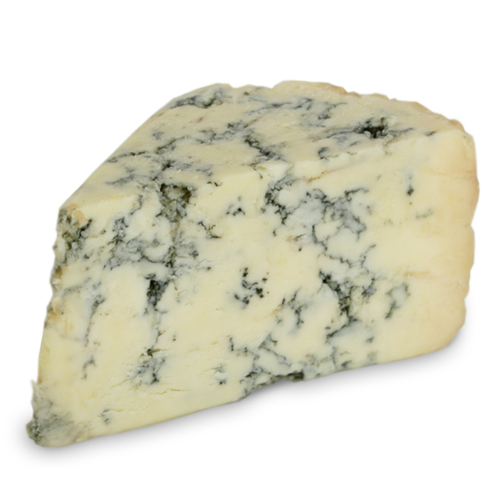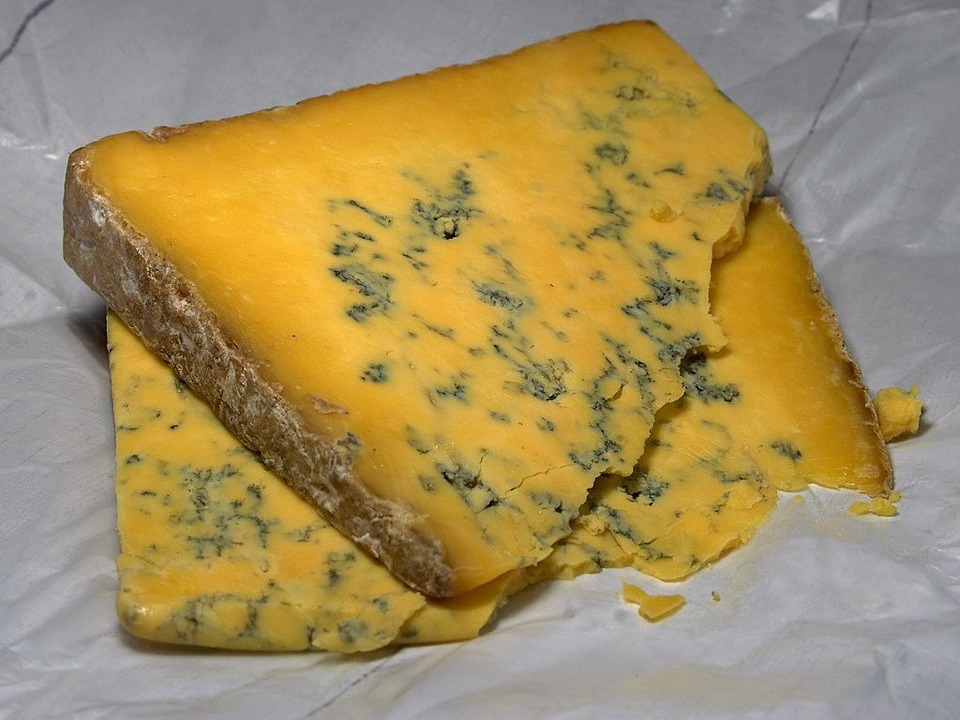
Symptoms caused by cheese would be the outcomes of inflammation in soft tissue in various areas of the human body. If youre penicillin allergic or have any other reason to feel concerned please proceed with caution if you eat blue cheese.

If you over-feed blue cheese then you might face these negative side effects.
Allergic reaction to blue cheese. Used in the manufacture of blue cheeses but these fungi are not known to produce penicillin and they were not aware about penicillin allergic patients reacting to blue cheeses. Blue cheese allergic reaction. A 40 year-old old male had an anaphylactic reaction to penicillin 24 years ago.
Since the last five years he has been experiencing angioedema after ingesting blue cheese. The symptoms resolve with steroids and antihistamines. Eating of blue cheese may lead to inflammation that may develop anywhere in the body.
Mostly blue cheese includes 2 highly allergenic substance which can be milk and mould. Symptoms caused by cheese would be the outcomes of inflammation in soft tissue in various areas of the human body. Blue stains located in cheese are known as molds.
If youre suffering with mould allergic reaction Ingested. How do you know if you are allergic to blue cheese. Reactions can range anywhere from hives and a skin rash to full on anaphylaxis and somewhere in the middle theres nausea and Montezumas Revenge.
Locally Ive not seen any reports of allergic reactions to blue cheese from patients with penicillin allergyThe literature I was able to find gave rare incidences where penicillin-sensitive individuals had allergic reactions after ingesting milk beef pork or chicken that had traces of penicillin in themThese studies were not extensive and the conclusion of most of the material Ive seen on this is that small. Blue cheese food allergy is very common in people. Blue cheese mostly contains two highly allergic which are milk and mold.
These two substances lead to inflammation which causes a problem in the body. If you over-feed blue cheese then you might face these negative side effects. Blue Cheese Inflammation Inflammation Cause.
Inflammation from a food allergy is the result of histamine produced in soft tissue. Milk is one of the most common food allergies in children and adults and is the main ingredient used to. The blue spots.
This can be problematic because individuals experiencing diarrhea nausea and vomiting as a result of an allergic reaction to cheese can end up losing substantial fluids. In turn dehydration can occur which wreaks havoc on the bodys overall functioning. If this is the case its important for the person to consume extra water or other fluids in order to replenish the body.
With a real cheese allergy the individuals body reacts to a protein or a number proteins contained in milk mostly likely whey and casein. These proteins are perceived to be dangerous to your immune system which releases immunoglobulin E an antibody called to fight them off. It seems that those who react to blue cheese are allergic to penicillium mold or highly reactive to penicillin.
I have heard of people allergic to the mold and not the medication and of people allergic to the medication and not the mold. If youre penicillin allergic or have any other reason to feel concerned please proceed with caution if you eat blue cheese. Ask your allergist to test you for reaction to penicllium mold.
If the person has an allergy to blue cheese it stimulates the production of antibodies IgE in the organism which acts on the allergen-pathogen. This response of the organism can be expressed as the appearance of skin redness accompanied by itching rashes on the face coughing and diarrhea. Furthermore there are some people who have an allergy to the blue cheese.
It commences the fabrication of antibodies IgE in the body organism which proceeds as the allergen-pathogen. You can easily see the reaction in the form of skin redness come with. Cheese allergies are caused by an adverse reaction in the body that occurs upon ingestion causing Immunoglobin E IgE antibodies to recognize chemicals proteins or mold found in cheese as harmful substances.
Antibodies defend the body by releasing chemical histamines to. The immune system the bodys defence against infection mistakes proteins in the cheese for harmful substances. It then releases a number of.
According to Steve Taylor PhD Founding Director retired of the Food Allergy Research and Re source Program FARRP no evidence exists that moldy cheeses are potentially harmful to mold-allergic individuals. Consumers with mold allergy generally are responding to the inhalation of mold spores. On the other hand ingestion of moldy cheeses generally involves the ingestion of mycelia not spores.
When evaluating a reaction to cheese when cows milk is not an allergy I typically consider the potential that there is an allergy to another mammalian milk but not cows ie goat sheep or if there is an additive or other component coloring from annatto seed. There is a mixed literature about egg lysozyme or rennet as potential allergens as well. The evaluation would need to get a good history of the exact cheeses the.
Blue Cheese Penicillium Allergies Blue Harbour Cheese. Most of the people who have written about a correlation between cheese and penicillin allergy have indicated no problems with eating cheese. Locally Ive not seen any reports of allergic reactions to blue cheese from patients with penicillin allergy.
Does blue cheese like.